Your Ultimate Guide to Accessing Free Repair Manuals
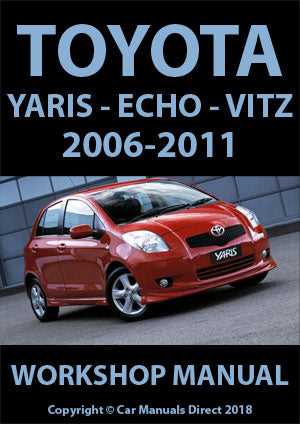
In today’s world, possessing the knowledge to address common issues with devices and machinery can be incredibly empowering. This section serves as a valuable resource for individuals seeking to enhance their understanding and skills in troubleshooting and maintaining various tools and equipment. Accessing information on practical techniques can foster a sense of independence and confidence.
Equipping oneself with detailed insights into operational intricacies not only aids in prolonging the lifespan of possessions but also contributes to cost savings. Whether dealing with household items or automotive concerns, having a repository of information at one’s fingertips transforms daunting tasks into manageable challenges. It encourages a proactive approach to problem-solving.
Moreover, this collection emphasizes the importance of community sharing, where enthusiasts and professionals alike contribute their expertise. By exchanging knowledge, individuals can cultivate a collaborative environment that benefits everyone involved. Embracing this spirit of learning allows for continuous growth and improvement in maintenance practices.
The Free Repair Manual

This section explores an invaluable resource designed to assist individuals in restoring various items, empowering them with knowledge and tools necessary for successful maintenance. By accessing comprehensive guides and practical advice, users can extend the lifespan of their possessions while saving time and money.
Key Benefits
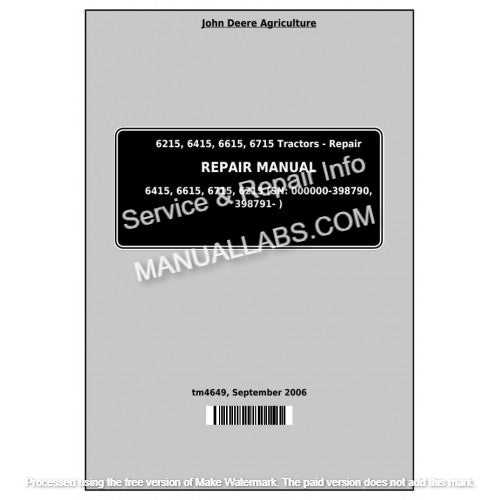
- Cost-effective solutions for everyday issues
- Step-by-step guidance for various projects
- Encourages sustainability through reuse and repair
- Builds confidence in hands-on skills
Topics Covered
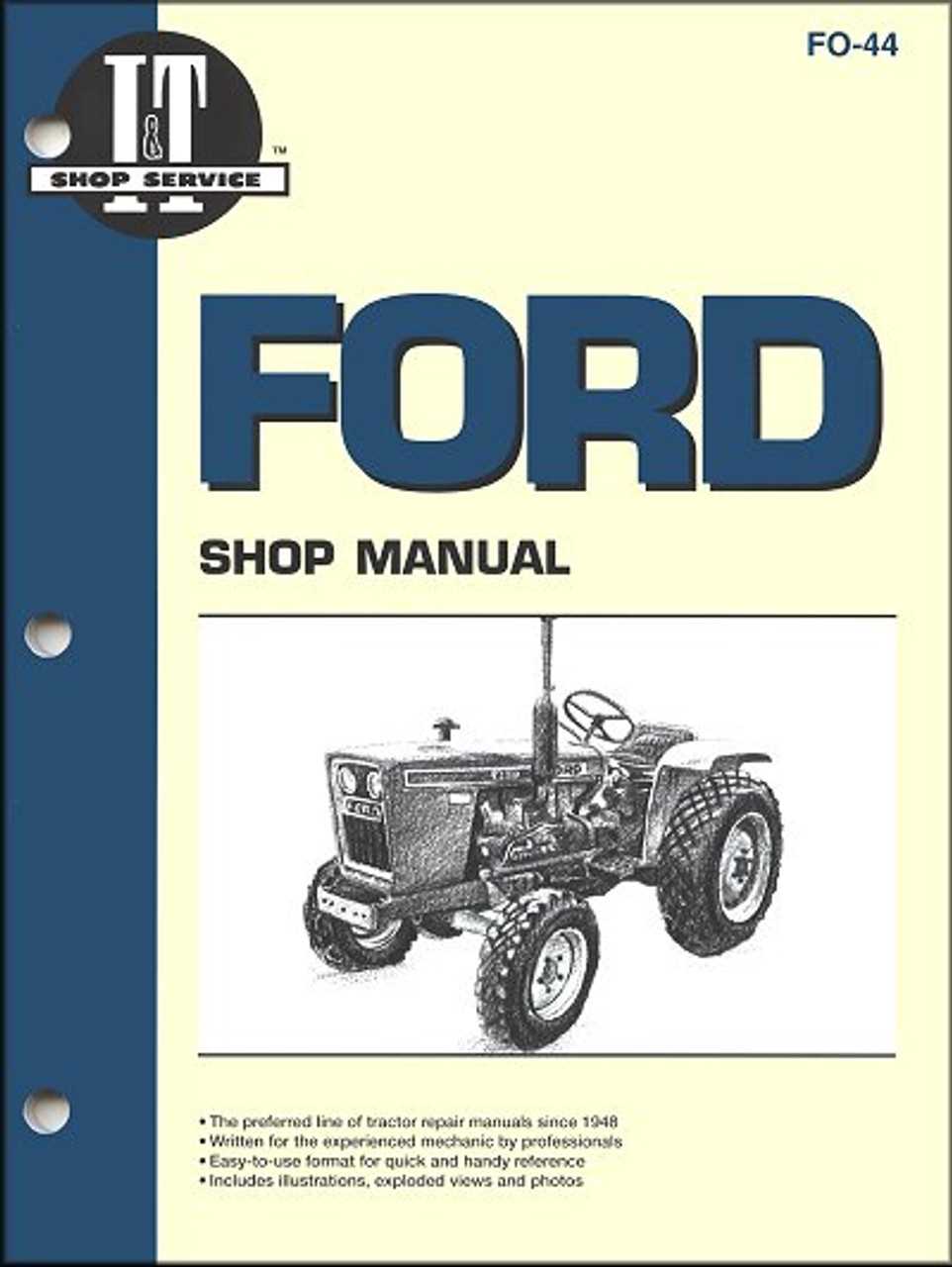
- Household appliances
- Electronics troubleshooting
- Automotive maintenance
- Furniture restoration
Understanding Its Importance

Access to comprehensive guidance resources plays a crucial role in various fields, enhancing knowledge and facilitating effective problem-solving. These resources empower individuals to tackle challenges confidently and efficiently, leading to better outcomes in maintenance and restoration tasks.
Key reasons for recognizing its significance include:
- Empowerment: Individuals gain the ability to address issues independently, fostering self-sufficiency.
- Cost-Effectiveness: Utilizing such resources can significantly reduce expenses associated with professional services.
- Knowledge Acquisition: Engaging with detailed instructions enhances understanding of complex systems and mechanisms.
- Time Efficiency: Quick access to relevant information allows for prompt resolutions, minimizing downtime.
In an era where information is readily available, leveraging these resources becomes essential for anyone looking to enhance their skills and knowledge in maintenance practices.
Where to Find Repair Manuals
Accessing comprehensive guides for fixing various items can be crucial for maintenance enthusiasts and DIYers. A wealth of resources exists for those seeking instructions and insights on a wide array of subjects, from automobiles to household appliances. Understanding where to look can significantly enhance the repair process.
Online Resources
The internet hosts numerous platforms offering extensive databases of troubleshooting documents. Websites dedicated to specific brands often provide detailed descriptions and step-by-step guidance. Additionally, forums and community groups can serve as valuable repositories of shared experiences and solutions.
Local Libraries and Bookstores
Traditional sources, such as libraries and bookstores, can also prove beneficial. Many libraries maintain collections of technical guides and books that cover various repair techniques. Bookstores frequently stock both new and used editions, allowing access to detailed resources in print format.
Types of Free Repair Resources
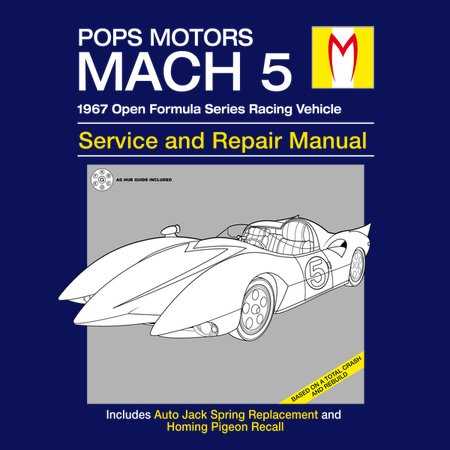
Numerous tools and platforms exist to assist individuals in fixing various items, providing valuable information and guidance. These resources cater to a wide range of needs, enabling users to access instructions and share knowledge within communities.
- Online Forums: Interactive spaces where enthusiasts and experts exchange tips and solutions.
- Video Tutorials: Visual guides available on platforms like YouTube, offering step-by-step demonstrations.
- PDF Guides: Downloadable documents containing detailed procedures and troubleshooting advice.
- Community Workshops: Local gatherings that provide hands-on assistance and collaborative learning experiences.
- Mobile Apps: Applications designed to offer quick tips and diagnostics directly on smartphones.
These varied resources empower individuals to tackle challenges independently, fostering a culture of self-sufficiency and shared knowledge.
Navigating Online Platforms Effectively
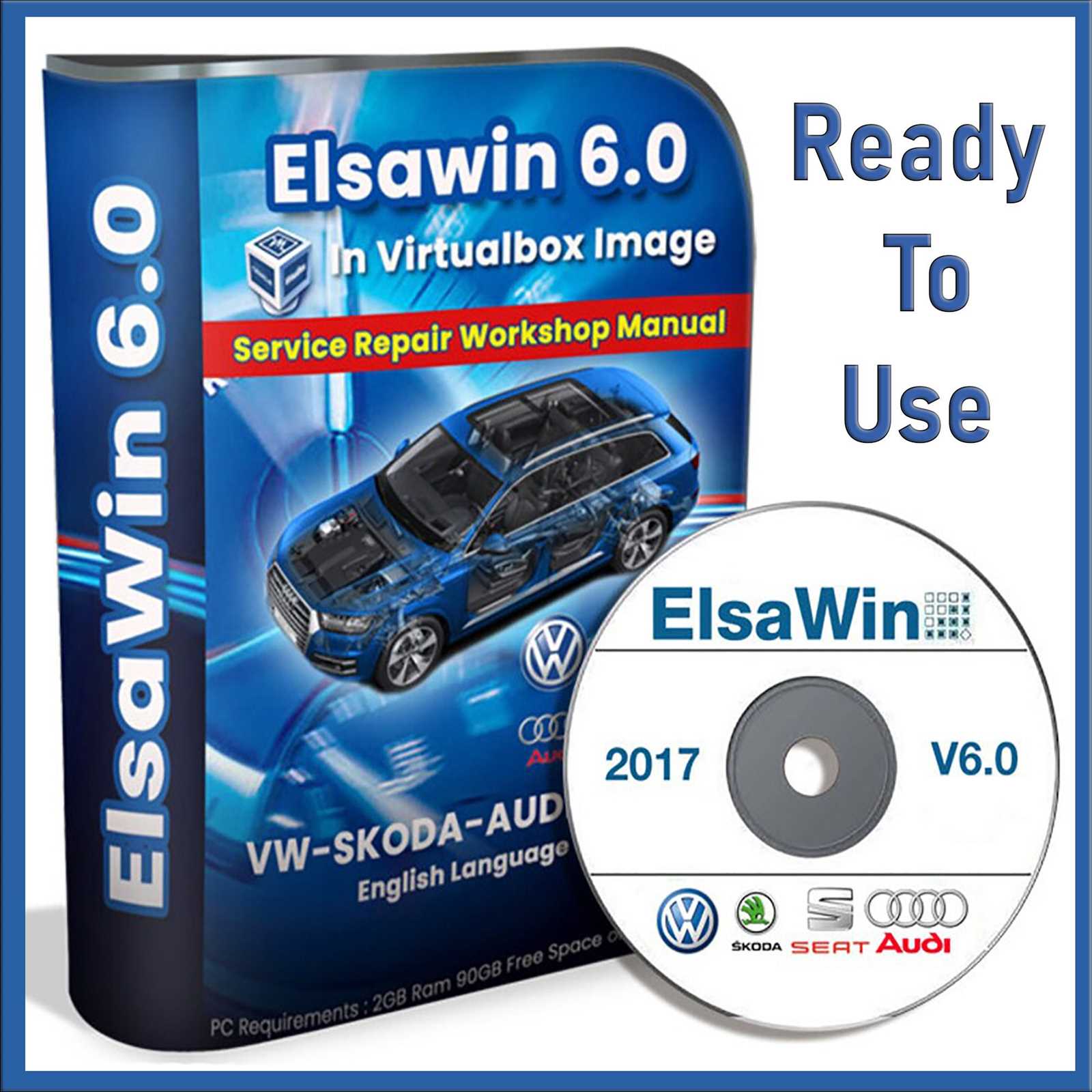
In today’s digital landscape, understanding how to traverse various online resources is crucial for maximizing outcomes. With a plethora of tools available, users can enhance their skills and access valuable information efficiently. Mastering these environments not only simplifies tasks but also empowers individuals to make informed decisions.
To optimize your experience on digital platforms, consider the following strategies:
- Identify Goals: Clearly define what you wish to achieve before engaging with a platform.
- Explore Features: Familiarize yourself with all functionalities offered to leverage them effectively.
- Utilize Search Functions: Make use of advanced search options to quickly locate desired content.
- Engage with Community: Participate in forums or discussion groups to gain insights and share experiences.
Additionally, it’s beneficial to:
- Stay Updated: Regularly check for platform updates and new features that may improve usability.
- Practice Patience: Take time to navigate and understand complex tools; familiarity grows with use.
- Seek Tutorials: Look for instructional materials that can guide you through advanced processes.
By implementing these approaches, you can navigate digital spaces with confidence, enhancing both efficiency and effectiveness in your endeavors.
Benefits of Using Repair Guides
Utilizing comprehensive resources for maintenance and troubleshooting offers numerous advantages for individuals seeking to enhance their knowledge and skills. These guides empower users to tackle various tasks independently, fostering confidence and promoting self-sufficiency.
Cost-Effectiveness
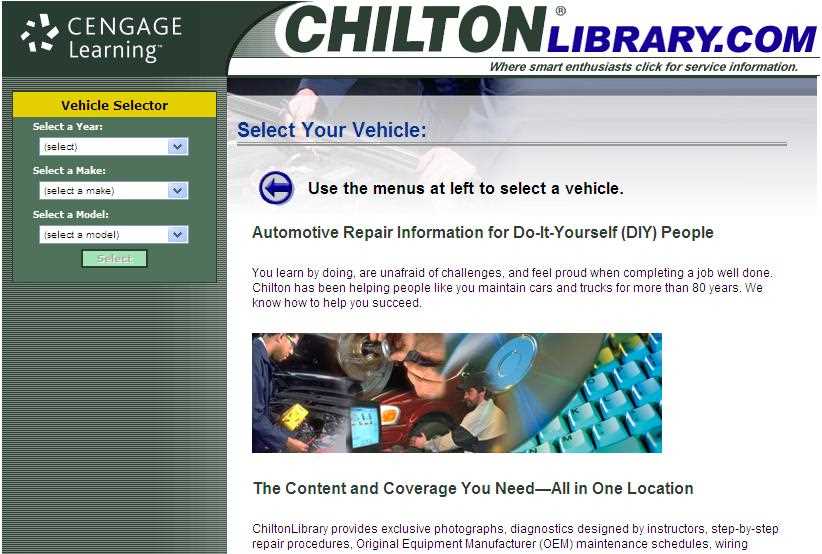
One of the primary benefits is the potential for significant savings. By following detailed instructions, users can perform tasks that would typically require professional assistance, thus reducing overall expenses.
Enhanced Knowledge
Engaging with instructional materials not only facilitates task completion but also broadens one’s understanding of the mechanisms involved. This knowledge can lead to better decision-making in future maintenance and improvements.
| Benefit | Description |
|---|---|
| Cost Savings | Minimize expenses by completing tasks independently. |
| Skill Development | Improve technical abilities through hands-on experience. |
| Informed Decisions | Gain insights that assist in future maintenance choices. |
| Time Efficiency | Streamline processes with step-by-step guidance. |
Common Issues Covered in Manuals
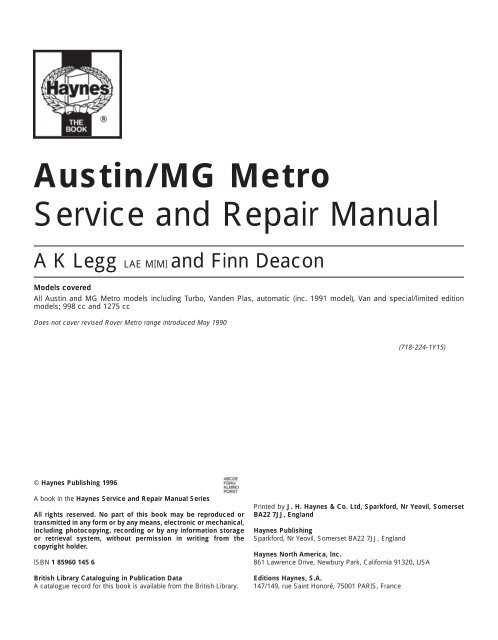
Every guide serves as a vital resource, addressing prevalent challenges that users may encounter. These documents provide insights into typical problems, offering step-by-step solutions to enhance understanding and facilitate efficient troubleshooting. Whether dealing with machinery or electronics, recognizing frequent complications is essential for maintaining optimal functionality.
Mechanical Failures
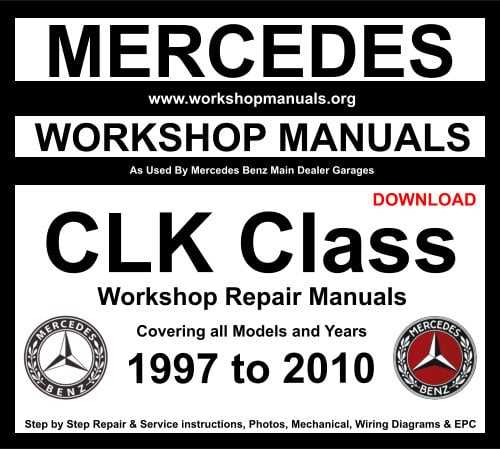
Mechanical breakdowns often arise due to wear and tear, improper usage, or lack of maintenance. Common concerns include issues with gears, belts, and other moving parts that may become dislodged or damaged. Manuals typically detail diagnostic procedures to identify these faults and suggest methods for resolution.
Electrical Malfunctions
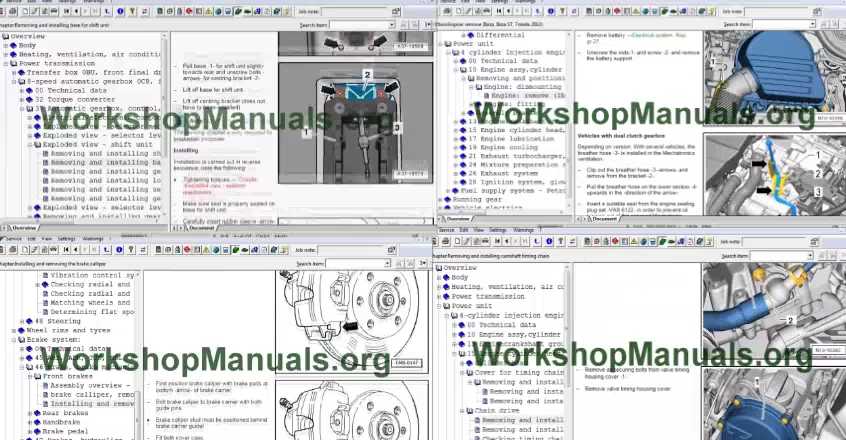
Electrical complications frequently affect performance and can stem from faulty wiring or malfunctioning components. Common symptoms might include unexpected shutdowns, flickering lights, or failure to power on. Guides usually provide troubleshooting tips to isolate the source of the problem and outline necessary corrective actions.
DIY Repairs: Tools You Need
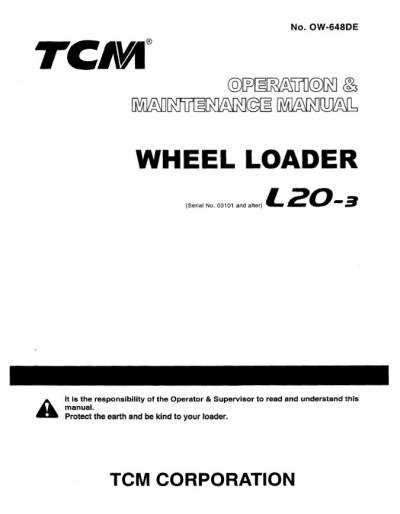
When tackling home projects, having the right instruments can make all the difference. A well-equipped toolkit empowers individuals to confidently approach tasks, whether fixing appliances or crafting furniture. Understanding essential items helps streamline processes and enhances overall effectiveness.
Essential Hand Tools

Hand tools are fundamental for various projects. They offer precision and control, making them indispensable for DIY enthusiasts.
| Tool | Purpose |
|---|---|
| Screwdriver Set | Fastening and loosening screws |
| Pliers | Gripping and twisting materials |
| Hammer | Driving nails and assembling parts |
| Utility Knife | Cuts various materials with precision |
| Measuring Tape | Ensuring accurate dimensions |
Power Tools Overview
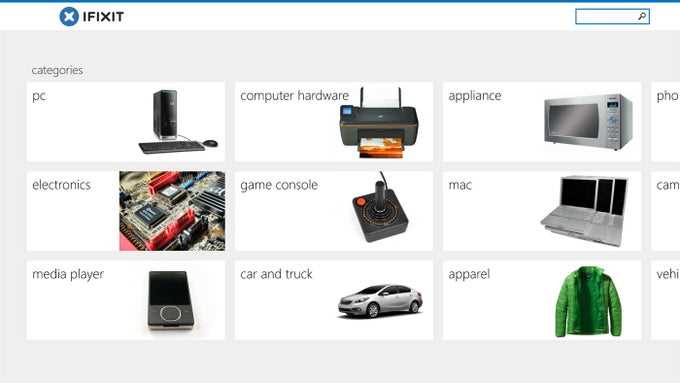
Power tools significantly enhance efficiency for larger or more complex tasks. They save time and effort, making them valuable for serious DIY projects.
| Tool | Function |
|---|---|
| Drill | Creating holes and driving screws |
| Jigsaw | Cuts curves and intricate shapes |
| Sander | Smoothens surfaces for finishing touches |
| Impact Wrench | Loosening tight bolts efficiently |
| Circular Saw | Making straight cuts in wood and other materials |
How to Use a Repair Manual

Utilizing a comprehensive guide can significantly enhance your understanding of maintenance processes and troubleshooting methods. Such resources provide detailed instructions, diagrams, and specifications to assist in various tasks, making complex projects more manageable.
Start by identifying the specific issue or task you wish to address. Once you have a clear focus, locate the relevant section within the guide that corresponds to your topic. These guides are typically organized by categories, allowing for easy navigation.
Carefully read through the provided instructions, ensuring you comprehend each step before proceeding. Pay attention to any warnings or tips that may highlight potential pitfalls or best practices. Visual aids, such as diagrams or images, can further clarify the steps involved.
Gather all necessary tools and materials before commencing work. Having everything on hand will streamline the process and reduce interruptions. If you encounter unfamiliar terms or concepts, take the time to look them up, as understanding these will enhance your overall efficiency.
Throughout your project, document your progress. If modifications or adjustments are necessary, note them for future reference. This practice not only helps in the current task but also aids anyone who might consult your notes later.
Finally, once the work is complete, review your results against the guidelines. Reflect on what went well and where improvements could be made, fostering a continuous learning approach for future endeavors.
Sharing and Contributing Resources
Collaboration plays a vital role in enhancing knowledge and skills within communities. By exchanging information and tools, individuals can empower one another, leading to improved outcomes and innovation. This section emphasizes the importance of sharing insights and contributing valuable resources for mutual benefit.
Ways to Share Knowledge
Engaging in platforms that encourage the dissemination of ideas can foster a vibrant exchange of expertise. Whether through forums, social media, or community workshops, individuals can share their experiences and techniques. Such interactions not only enrich personal understanding but also create a collective reservoir of knowledge that others can tap into.
Encouraging Contributions
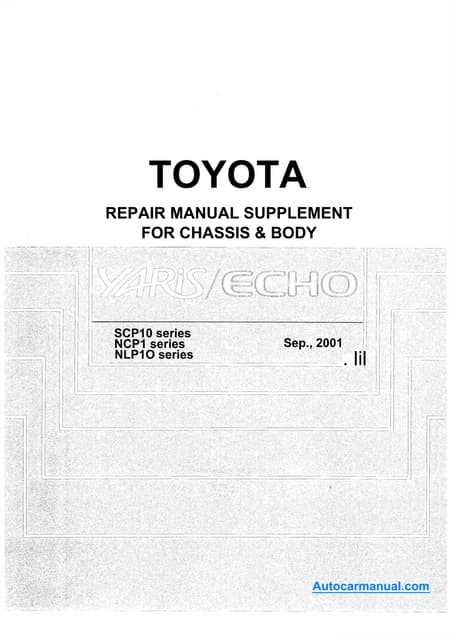
Inviting participation from diverse voices enhances the richness of available resources. Establishing clear guidelines for contributions can facilitate this process, ensuring that submissions are relevant and helpful. Recognizing and valuing the input of contributors motivates ongoing involvement, leading to a sustainable cycle of sharing and learning.
Staying Updated with New Information
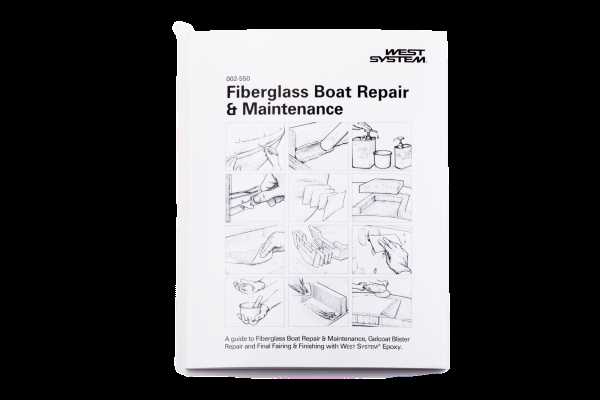
Keeping pace with evolving knowledge is essential for anyone engaged in hands-on activities or technical fields. As tools and techniques advance, it becomes crucial to stay informed about recent developments that can enhance skills and efficiency.
To effectively remain knowledgeable, consider the following strategies:
- Regularly Visit Reputable Websites: Numerous platforms offer valuable insights and updates on current trends and innovations.
- Join Online Communities: Engaging with forums and social media groups allows for sharing experiences and learning from others.
- Subscribe to Newsletters: Many organizations provide newsletters that highlight important changes and breakthroughs in the field.
- Participate in Workshops: Attending hands-on sessions can provide practical experience and direct access to experts.
- Read Industry Publications: Books, journals, and magazines dedicated to specific areas can offer in-depth analysis and updates.
Utilizing these methods will ensure a continuous flow of information, fostering both personal and professional growth in any area of interest.